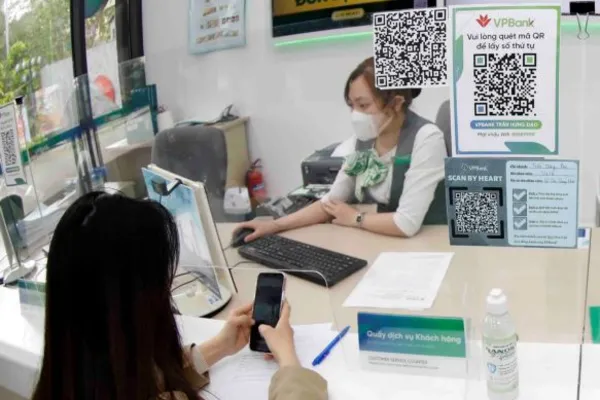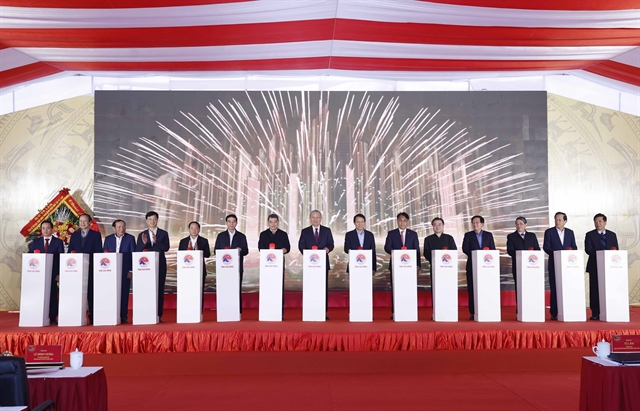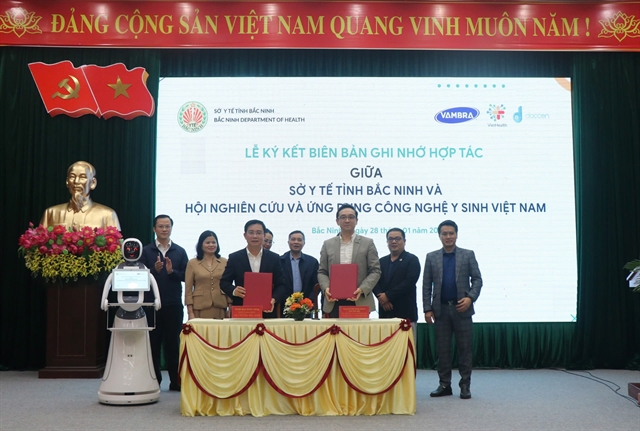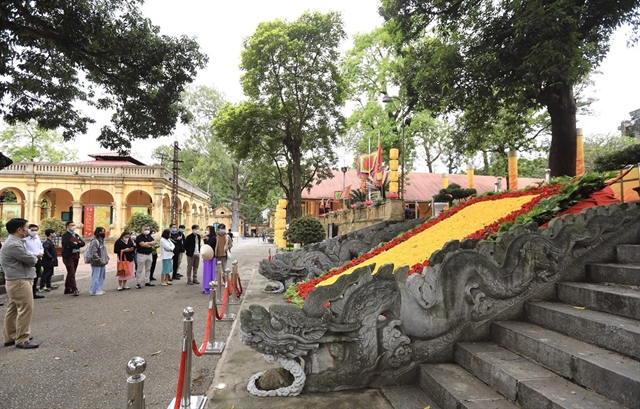 Economy
Economy

 |
| Panellists at the GSMA Digital Summit Hanoi on April 15. — Photo GSMA |
HÀ NỘI — Leaders from government, industry and the tech sector gathered at GSMA Digital Summit Hanoi on April 15 to address one of the most pressing challenges facing the region’s digital transformation: the growing threat of scams and erosion of consumer trust.
The summit builds on insights from GSMA’s Mobile Economy Asia Pacific and Digital Nations reports and findings from the recent 'Towards an Inclusive Digital Nation: Addressing the Scam Economy and Preserving Trust in the Digital Ecosystem' report, highlighting growing concerns across the region.
In Việt Nam, 74 per cent of consumers now use e-wallets, yet 89 per cent say they fear account hacking, and 95 per cent are concerned about the misuse of their personal data online.
“Việt Nam stands at a defining moment in its digital journey,” said GSMA's Head of Asia Pacific Julian Gorman.
"On one hand, high mobile adoption and a flourishing e-wallet market are unlocking incredible opportunities for economic growth and financial inclusion. On the other hand, rising scams and identity threats are putting consumer trust at risk. This summit brings industry and government leaders together to take meaningful action - from smarter regulation to innovative fraud solutions - so that Việt Nam’s digital future remains secure, inclusive and built on trust.”
At the event, delegates explored practical measures to combat digital fraud, including real-time transaction verification, multi-factor authentication, Silent OTP solutions and closer collaboration between mobile operators, banks and fintech players.
Participants also addressed the threat of SIM-swap fraud - a concern for 78 per cent of Vietnamese consumers, well above the regional average - and how API-driven security tools, such as those enabled by the GSMA Open Gateway initiative, can be effectively integrated across sectors.
A dedicated session focused on the broader 'scam economy' challenge, highlighting how unchecked fraud could stall the adoption of digital services and erode the foundations of the digital ecosystem. Speakers emphasised the need for coordinated action on consumer protection, from enhanced fraud monitoring to public education campaigns.
Despite Việt Nam’s strong digital uptake, challenges persist around digital literacy and extending connectivity to underserved communities. Attendees stressed the importance of public-private partnerships to expand mobile coverage, improve digital skills and support a regulatory environment that promotes both innovation and safety.
Throughout the summit, discussions returned to a central theme: trust. Whether enabling e-wallets, protecting data or delivering public services, the success of Việt Nam’s digital transformation depends on maintaining consumer confidence.
Stakeholders also called for cross-sector collaboration to create a secure and user-friendly digital environment, rooted in transparency and resilience.
In line with this goal, the GSMA also announced the renaming of the APAC Fintech Forum to the ASEAN Fintech Forum, sharpening the focus of regional collaboration on combatting scams and fraud within ASEAN and tackling the export of scams and fraud from the region.
To launch this new chapter, the first ASEAN Fintech Forum Roundtable was held alongside the summit, bringing together fintech, telco and regulatory leaders to explore joint solutions to shared threats and unlock new growth opportunities.
Việt Nam is experiencing remarkable growth in mobile-led services and could soon become a leading digital nation in Asia Pacific, powered by high smartphone penetration, strong connectivity and supportive policies.
Việt Nam’s National Digital Transformation Programme aims to position the country among the world’s top 30 digital nations by 2030, with bold goals including nationwide 5G and fibre access, the development of over 100,000 digital technology businesses and a workforce of 1.5 million people skilled in digital technologies. — VNS




